Starting a Business with Incubating Chicken Eggs

💡 Want more business insights? Stay ahead of the curve with our exclusive updates!
👉 Join our Telegram channel for daily business ideas and expert tips.
👉 Follow us on Facebook to never miss a trend or update!
Don’t just read—connect, grow, and innovate with us today!
Who Can Engage in this Type of Farming?

- Large-scale farmers with vast land holdings and a variety of livestock like pigs, chickens, sheep, and more can expand their operations through egg incubation. Selling chicks can be a lucrative venture, providing a substantial income stream. Additionally, if initially there's a surplus of hatched chicks, they can be kept for breeding purposes.
- Retired individuals with a garden plot or small property can find egg incubation a low-stress endeavor that adds to their income. Devoting 1-2 hours initially to caring for the incubator can lead to a significant boost in revenue from chick sales for retirees on a fixed income.
- Entrepreneurs seeking quick profits without large capital investments can benefit from egg incubation. Manufacturing an incubator and raising chicks require minimal resources, with the returns covering all expenses.

People with disabilities or limited capabilities can also engage in egg incubation, providing them with an opportunity to participate in agriculture despite their constraints.
Setting Up Egg Incubation
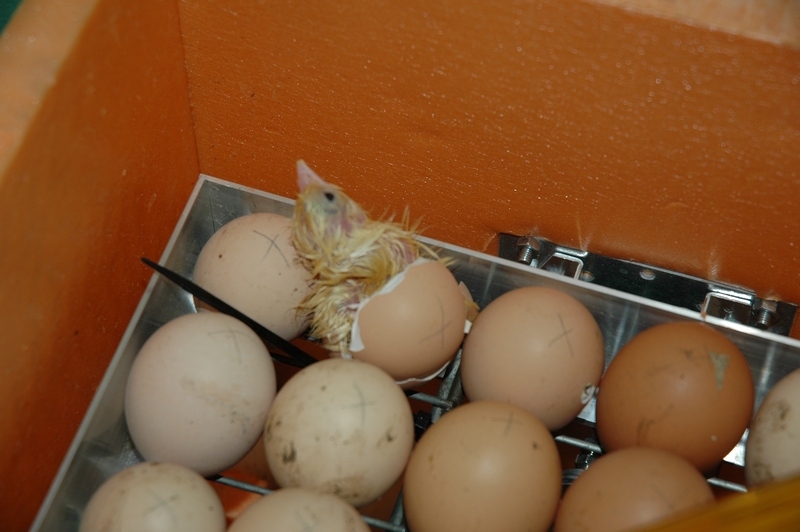
Egg incubation becomes a highly profitable business when done at a scale that involves hatching a significant number of chicks. Modern incubators, despite their compact size, can handle as many as 5,000 to 10,000 eggs at a time. However, managing such large numbers requires meticulous attention to logistics, including chick placement and prompt sales of the hatchlings.
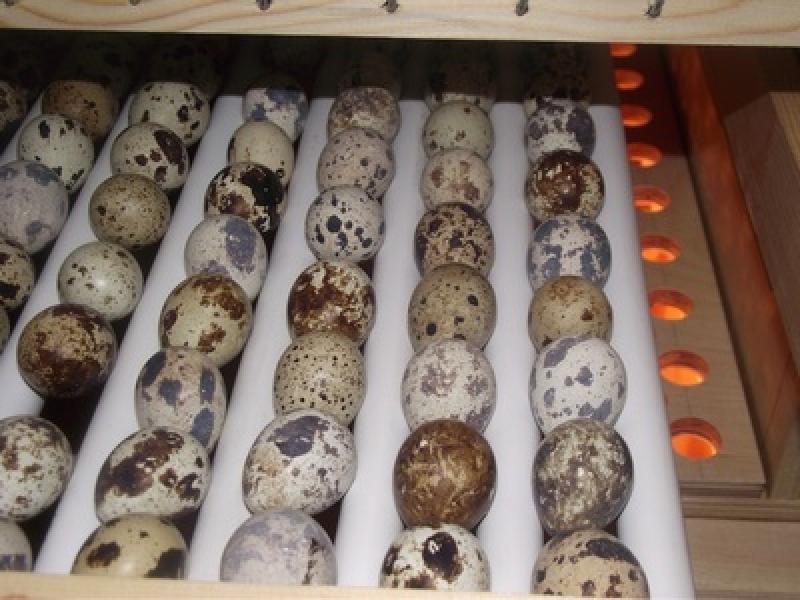
Professional incubation equipment is costly but boosts business efficiency, necessitating significant financial investment. Ongoing electricity supply and maintaining optimal temperature in the incubation chamber are crucial. In areas prone to power outages, additional equipment such as an automatic gasoline or diesel generator, voltage stabilizer, or uninterrupted power supply may be needed.
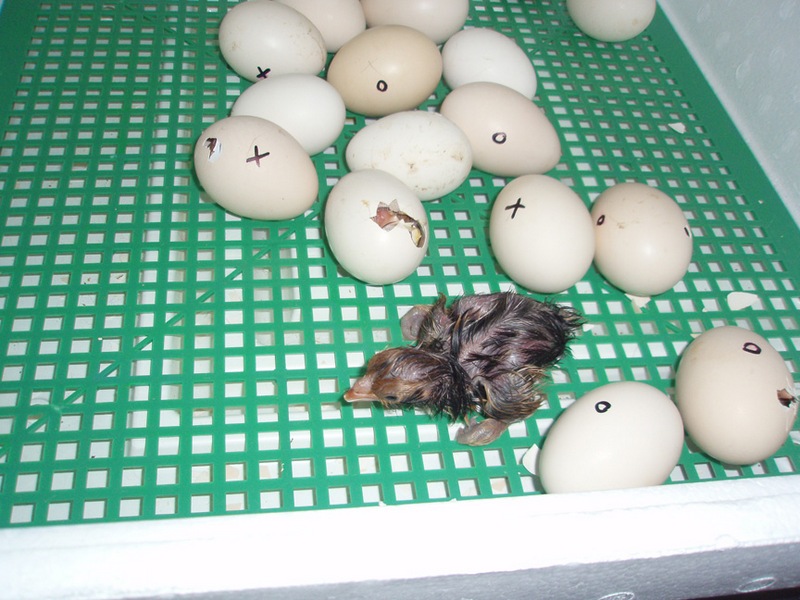
For beginners, starting with small incubators capable of handling 100-500 eggs can be a wise choice. These cost-effective units allow for rapid chick sales and minimize risk with smaller initial capital outlays.
Profitability Considerations
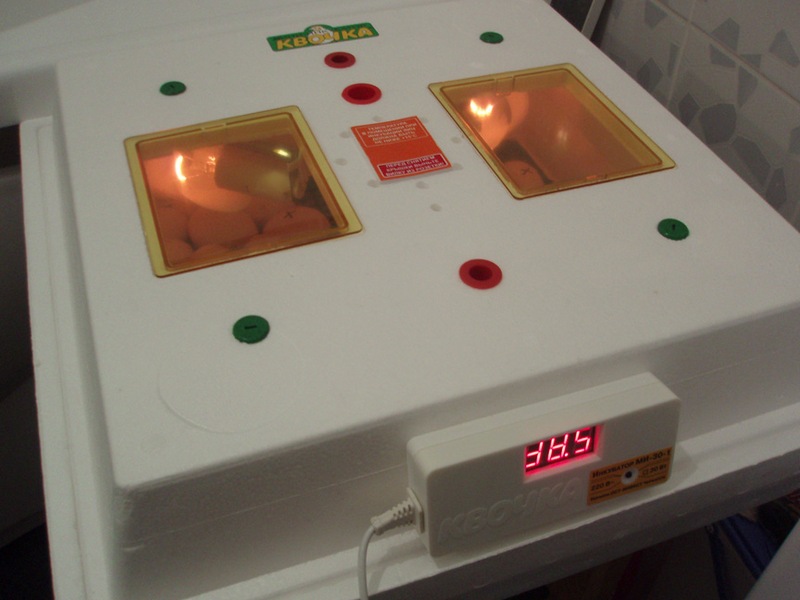
The primary source of income from egg incubation comes from selling chicks. Despite higher incubation egg costs relative to store-bought eggs, selling even a day-old chick can yield double the profits. A chicken egg costs around $0.35, whereas a day-old broiler chick can be sold for $1.20 and up depending on age.
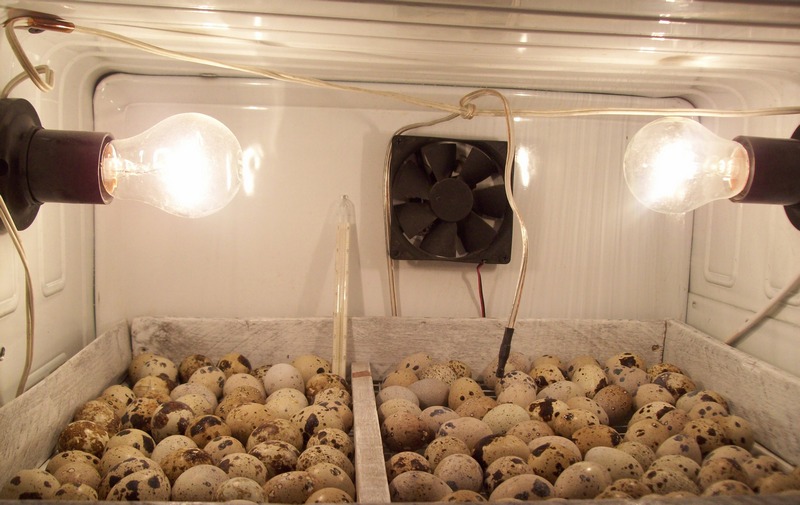
The demand for chicks is continuous due to the slaughter age of broilers at around 3 months. This necessitates a constant supply of young chicks for breeding. Most commercial poultry operations opt to purchase chicks in batches according to their production cycles rather than breed their own.

Raising exotic birds can significantly increase profitability. For example, a day-old turkey chick can sell for three times the price of a broiler chick. With low mortality rates and proper management, a single incubator can generate over $1,000 per month with minimal time and resource investment. Exploring other unique farming ventures such as an ostrich farm can provide additional insights into profitable agriculture.

Share this article with your friends on social media or send them the link directly.
💡 Want more business insights? Stay ahead of the curve with our exclusive updates!
👉 Join our Telegram channel for daily business ideas and expert tips.
👉 Follow us on Facebook to never miss a trend or update!
Don’t just read—connect, grow, and innovate with us today!





































.jpeg)













Note: Comments are being moderated and may take a while to appear. There is no need to resubmit your comment.